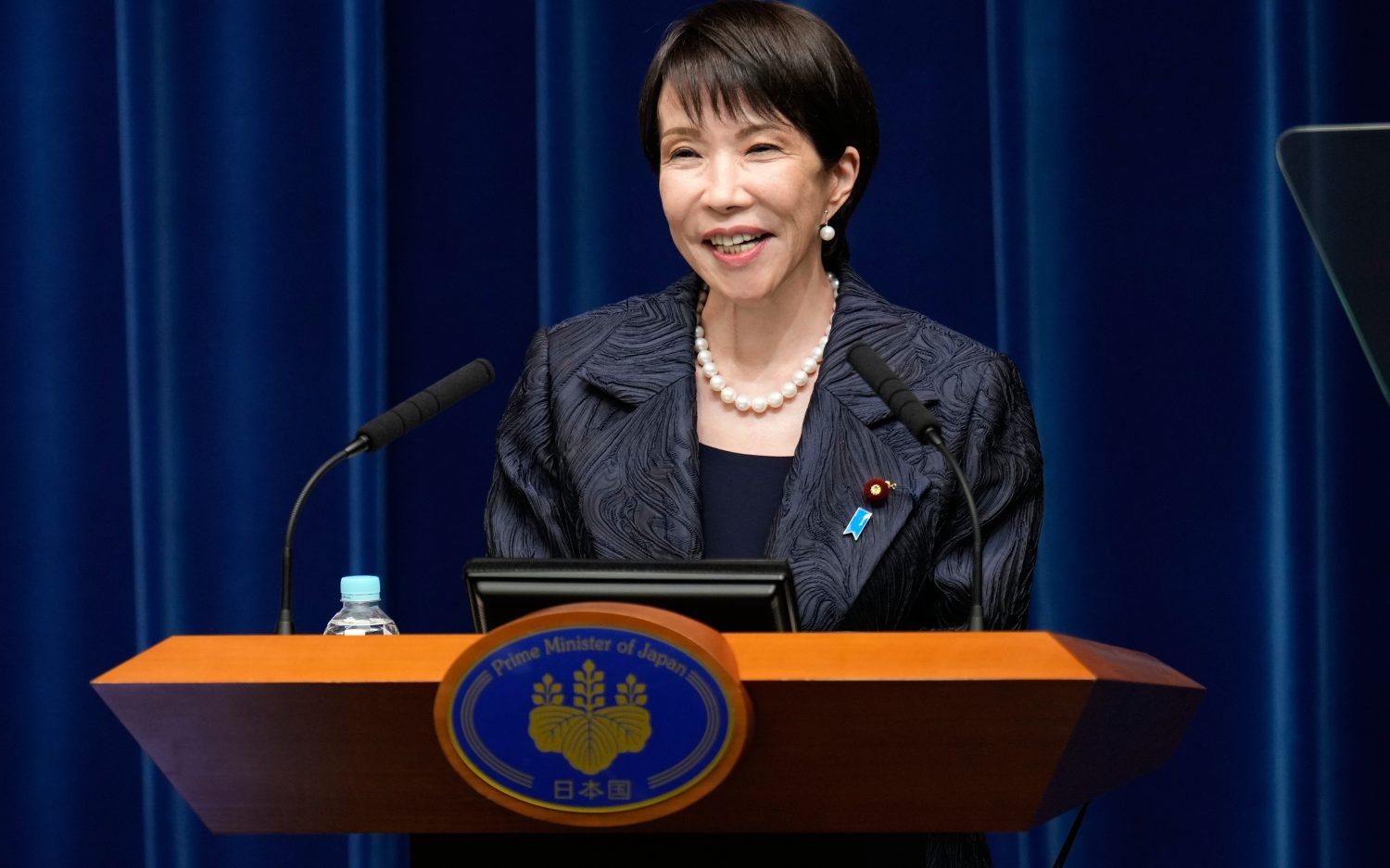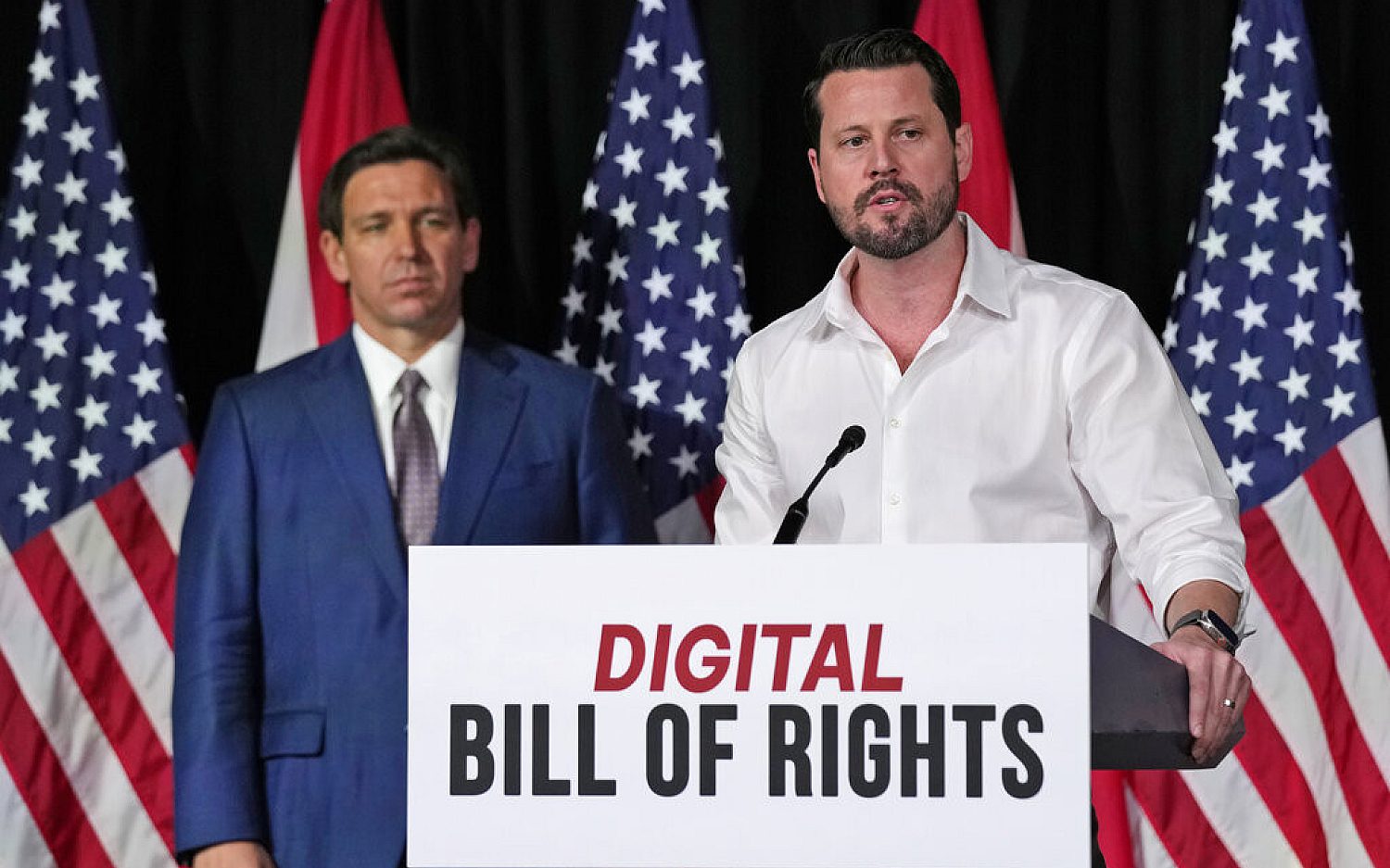Finding unity amidst diversity
Marriage joins two people who are profoundly unlike one another, a differentiation same-sex couples lack
I sure am glad the gay rights movement didn't give the Florida A&M University marching band the "Rick Warren treatment" at last month's inauguration of President Obama. Because if gay leaders had insisted on treating equally everyone who opposed same-sex marriage at the ballot box last fall, they probably would have had to rain on the inaugural parade march of one of America's greatest historically black college bands.
You see, Florida voters also passed a constitutional amendment affirming marriage as the union of a man and a woman last November. And, as in California, African-American Obama supporters were the key to the amendment's passage.
In fact, students and faculty casting ballots at Florida A&M voted for Obama overwhelmingly (99 percent) and for the "historically black" definition of marriage resoundingly (63 percent). This pattern repeated itself in many other African-American precincts, where the marriage initiative typically received three to 12 points more than the 60 percent threshold needed for passage of a constitutional amendment in Florida.
Film study
African-American opposition to gay marriage has confused many people. But this opposition no doubt stems from a provocative idea found, among other places, in the 1967 film Guess Who's Coming to Dinner?
In the movie, Sidney Poitier plays a black man engaged to be married to a white woman he meets far from her San Francisco home. Upon learning of their plans, the girl's parents are deeply divided.
The mother readily embraces her daughter's wishes. But the father can't bring himself to bless the engagement-even though this puts him at odds with his wife, his daughter, and his own "liberal" ideals. The father's resistance is bolstered temporarily when he meets the beau's parents and learns that the father (but not the mother) also objects to the marriage.
In time, both fathers are brought to heel after their wives gang up and urge the men to remember what it was like to be young and in love with a woman who captures their imagination.
Guess Who's Coming to Dinner celebrates the triumph of true love over conventional thinking. But it also pays tribute to something deeper and more profound. The film affirms that the greatest difference in the human race is not the difference between black and white, but the contrast between male and female.
This is a truth that can be missed easily in America, since our nation's history has been littered for so long with racial prejudice and injustice. But the starkness (and beauty) of gender difference is a great truth, nevertheless. And it is so encoded into our lives that we often do not even see it.
Consider: Today, many years after the end of racial segregation in public accommodations, we still have public restrooms that are segregated . . . by gender. Yet, who among us would consider it progress for this acknowledgement of gender difference to be eradicated?
To his credit, our new president appears to understand something about the complementary nature of matrimonial union. The current New Yorker quotes President Obama saying this about his wife:
"What sustains our relationship is I'm extremely happy with her, and part of it has to do with the fact that she is at once completely familiar to me, so that I can be myself and she knows me very well and I trust her completely, but at the same time she is also a complete mystery to me in some ways."
One of the reasons men like Barack find women like Michelle "a complete mystery" is because men and women are wired differently. When a man lies in bed next to a woman, he never imagines what it'll be like to, say, experience menopause simultaneously. He instead wonders-and marvels-at how gloriously different the female of our species is from the male.
So what?
What does all this have to do with gay marriage? Historically, the term "marriage" has been reserved for the "little civilization" that is formed when two people from different halves of the human race unite in an enduring bond. While it is not for everyone, marriage is one way we convey our need to reach beyond ourselves, to join with another profoundly unlike us, to find unity amidst stark diversity.
This in no way means that people with same-sex attractions should be denied fundamental rights or human dignity. Nor does it mean that anyone should be denied hospital visits from their friends and loved ones.
It simply means that those who want to reserve the term "marriage" for the profound, mysterious, and altogether remarkable union of a man and a woman are on solid ground.
For the problem with gay marriage is not that Rick Warren and many African-Americans fail to appreciate diversity. The problem with gay marriage is that same-sex relationships, by definition, lack sufficient diversity to rise to the level of being a "little civilization." William R. Mattox Jr. is a member of USA Today's board of contributors.
An actual newsletter worth subscribing to instead of just a collection of links. —Adam
Sign up to receive The Sift email newsletter each weekday morning for the latest headlines from WORLD’s breaking news team.




Please wait while we load the latest comments...
Comments
Please register, subscribe, or log in to comment on this article.